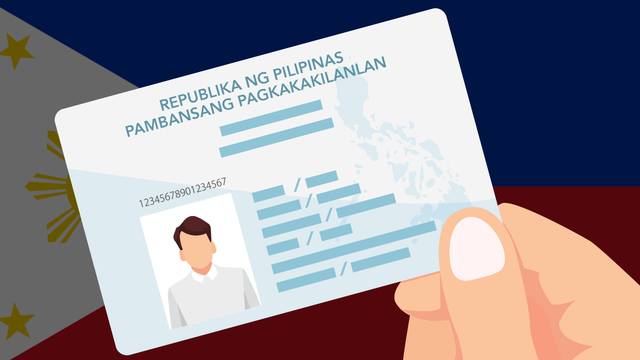News
Regular check, assessment keep PhilSys data safe

MANILA – All personal information encrypted in the Philippine Identification System (PhilSys) is safe and protected, assured the Philippine Statistics Authority (PSA).
In a PSA video presentation posted Friday, PhilSys ambassadors and celebrity couple Matteo Guidicelli and Sarah Geronimo explained the national ID project is bound by the PhilSys Act of 2018 and the Data Privacy Act of 2012.
Guidicelli said the project lead implementing agencies prioritized privacy when it created PhilSys system and its process.
The applied privacy-by-design principles, such as data minimization, proportionality, and tokenization of the PhilSys Number (PSN), will protect the permanent unique identifier by “enabling the use of its derivatives in lieu of the actual PSN”.
The PSA is closely coordinating with the National Privacy Commission, National Security Council, and the Department of Information and Communications Technology (DICT) to make sure that all information is safe.
PhilSys registrants are reminded to keep their PSN private and that it should not be shared with anyone unless required by law.
The DICT also noted earlier that the security assessment method is one of the structural measures to check on PhilSys’ data protection and cybersecurity.
The PhilSys project undergoes regular vulnerability assessment, penetration testing, and third-party software code audits.
Registration data are encrypted while personal data are segmented, all fully owned and controlled by the government.
The Philippine Identification physical card features an added security through the PhilSys card number, which protects the PSN.
PhilSys can be accessed through an online portal register.philsys.gov.ph/.
As of Dec. 11, 2021, a total of 50,014,382 Filipinos have finished the registration process.
Signed into law by President Rodrigo Duterte in August 2018, Republic Act 11055, or the PhilSys Act, aims to establish a single national ID for all Filipinos and resident aliens.
The national ID shall be a valid proof of identity that shall be a means of simplifying public and private transactions, enrolment in schools, and the opening of bank accounts.
It will also boost efficiency, especially in dealing with government services where people will only need to present the PhilID during transactions.





















